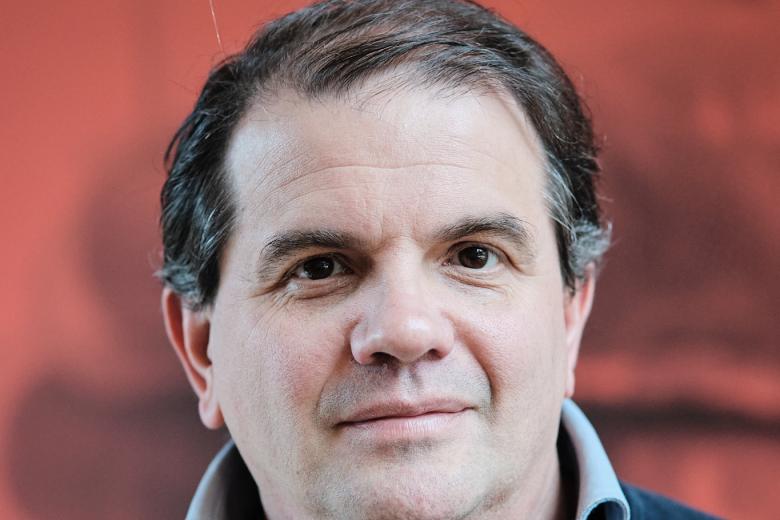Devi van der Kolk | student and mental coach at Roda JC
Devi van der Kolk is, next to a student at Maastricht University, a mental coach at the Roda JC (a Football team from Kerkrade) youth academy. We talk about how a first-year student has found such a unique job next to her studies.
Devi, born and raised in Landgraaf, started the Bachelor in Psychology at the start of this academic year. An unusual start, like many she has only been on campus for 1 day the entire year for a hybrid tutorial. “It may be a bit different for me, before this I’ve done 4 years of hbo, so the student experience is not completely new for me. The shock might be bigger for people coming from high school. The normal new connections you make and experiences you have, are now very different”.
Roda JC
Before Devi dove into psychology, she studied pedagogy at Fontys Hogeschool. “The study fit me really well and connected to my interests. When I had to do an internship in year 3, I could combine it with my other interest: sports”. During her study, Devi chose to do the minor pedagogy in sports, and she set out to find a spot for her internship. “It didn’t have to be a professional team, and it didn’t have to be football, but for someone from this region it is very fun that it ended up being Roda JC”. The internship was so satisfactory that she prolonged it in the 2nd part of the year. In her last year she stayed involved on a voluntary basis. Since last season she’s officially employed by the club.
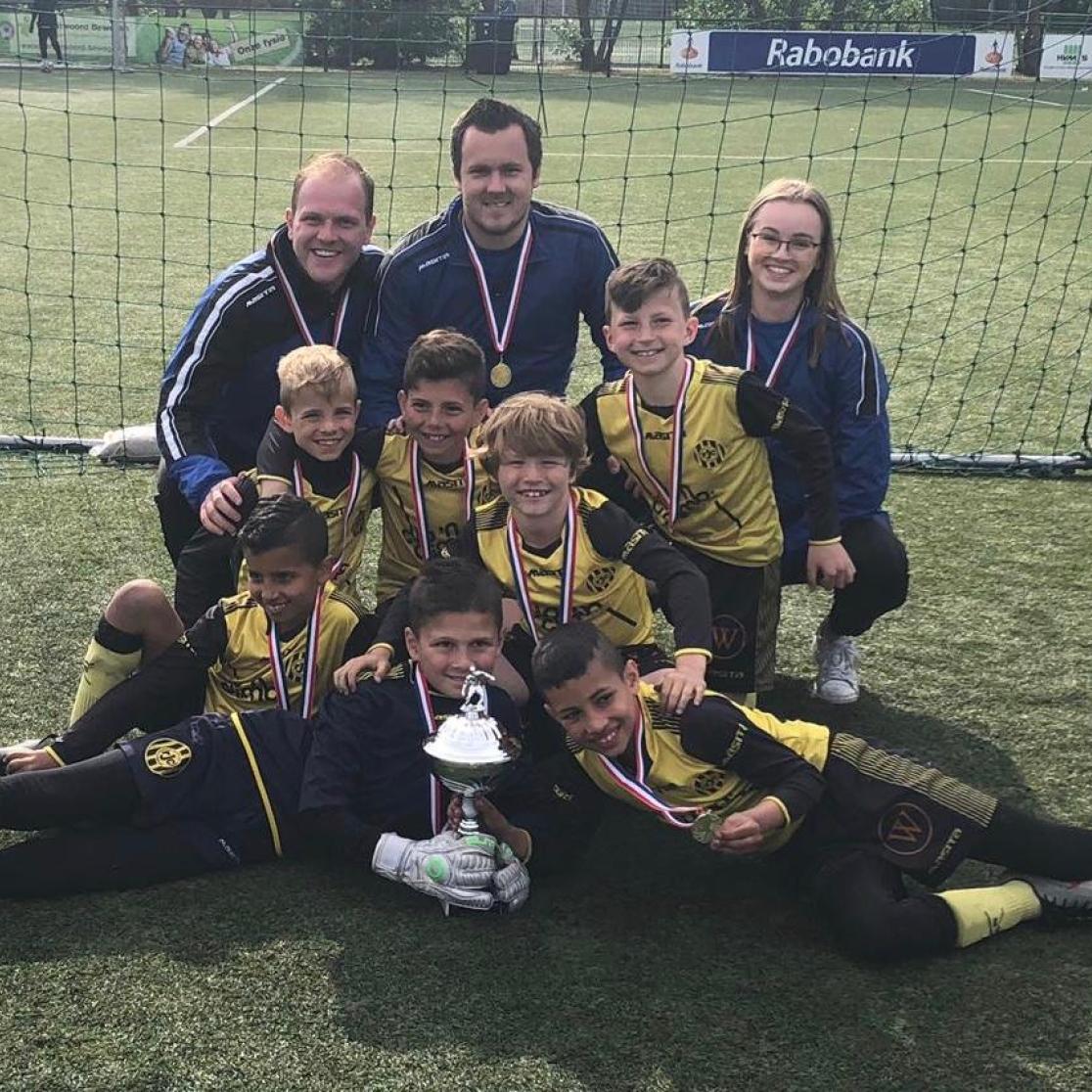
Mental coaching
3 times a week, the Roda JC youth teams are in training, where they learn the tricks of the trade, and are prepped to become professional football players. But just technique, condition, and strategy are not enough to keep a team afloat. “At several moments in the year, the player’s progress is discussed with them and their parents. In these conversation things come up like performance anxiety and insecurities. I join these conversations and offer my expertise to talk about these topics and see how we can best cope with them. Based on the input of the players, parents and coaches we set goals and make plans. Every two weeks I talk to the players one-on-one to see how they are developing as footballers and as people”.
During the trainings, Devi is also present to look at the group dynamic and how the team functions outside of football. “When a player is not fitting in, or someone is frustrated or angry, I can step in to see how we can fix the problem, or to talk about it afterwards. Sometimes the behaviour of one teammate is so disruptive to the team, that difficult choices have to be made in the best interest of the group”.
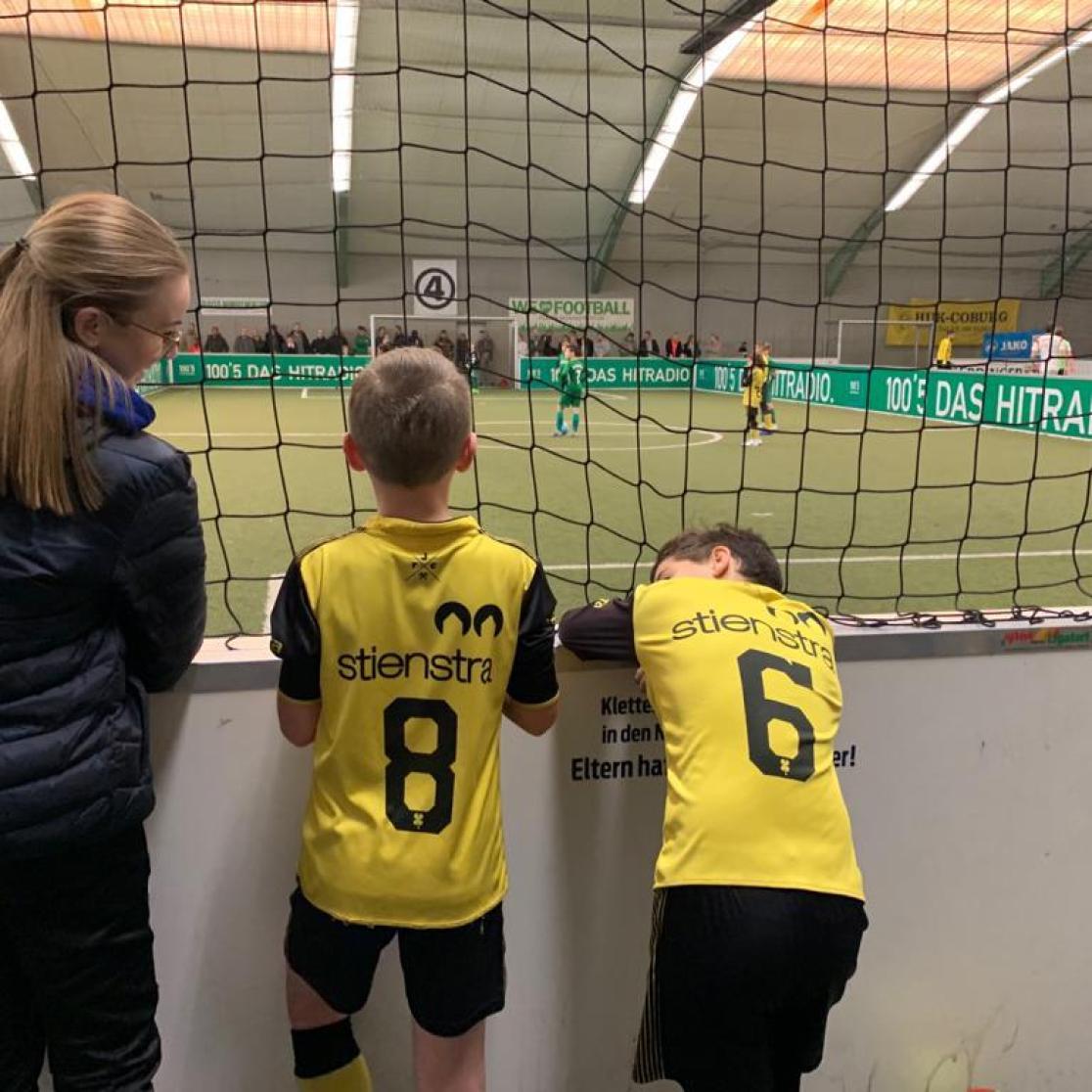
Pedagogy to psychology
The transition from pedagogy to psychology was to be expected. “I also never thought that pedagogy would lead me to a job in professional football. My job suits me so well and it gives me much more energy than it costs. So, I started thinking, how can I stay in this field for as long as possible, and how can I grow. Psychology seemed a natural next step to learn more about human behaviour”.
Pedagogy and psychology overlap in, for example, developmental psychology. “There I could apply the knowledge from my previous study. Sometimes I notice the benefits from that diploma, that I can also look at the theory and cases from a different perspective”.
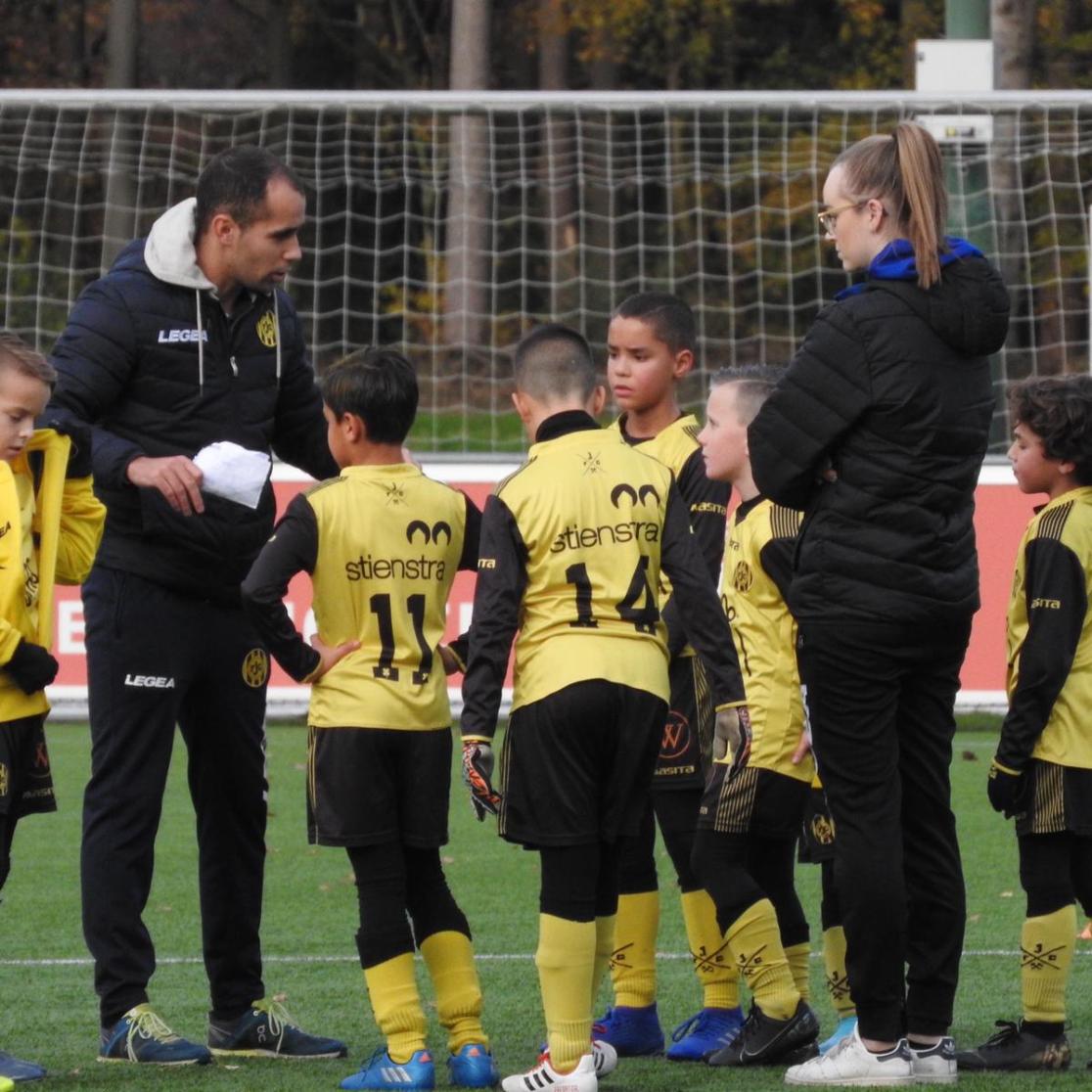
And after this?
“I try not to plan too far ahead. I had my eye on a master’s in child and youth psychology, but sports psychology also suits my current job and interests. But I know myself, who knows maybe in three years I’ll be doing them both”.
Also read
-
CIAO extends cooperation with UWV for four years
The Centre of Expertise for Inclusive Organisations (CIAO), under the banner of the Faculty of Psychology and Neuroscience at Maastricht University, has extended its successful cooperation with the UWV (Uitvoeringsinstituut Werknemersverzekeringen) for four years. We spoke to Gemma van Ruitenbeek...
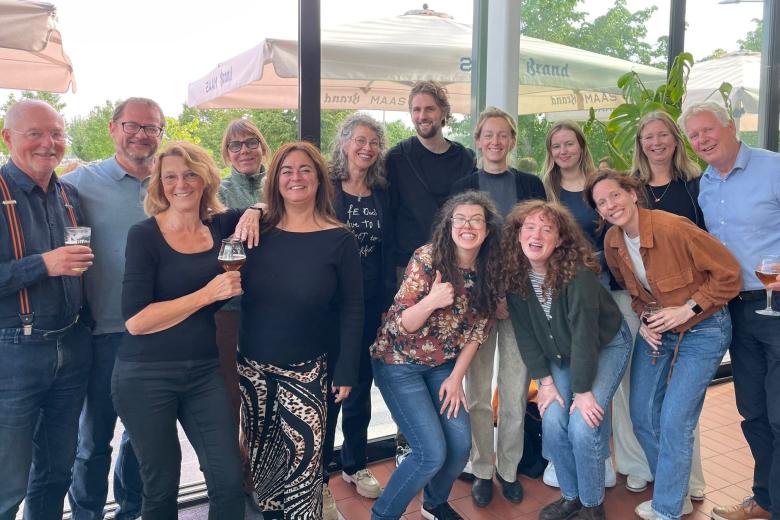
-
Brain stimulation in people with neglect
Marij Middag (PhD Candidate) and Teresa Schuhmann (Professor of Clinical Applications of Non-invasive Brain Stimulation) from the Department of Cognitive Neuroscience at the Faculty of Psychology and Neuroscience, have recently published their paper Alpha transcranial alternating current stimulation...
-
Understanding everyday hearing | Elia Formisano | ERC Synergy Grant
Elia Formisano, professor of Neural Signal Analysis, together with his colleague Bruno Giordano at CNRS, France, have received the highly coveted Synergy Grant from the European Research Council. The project is titled Natural Auditory SCEnes in Humans and Machines (NASCE): Establishing the Neural...
